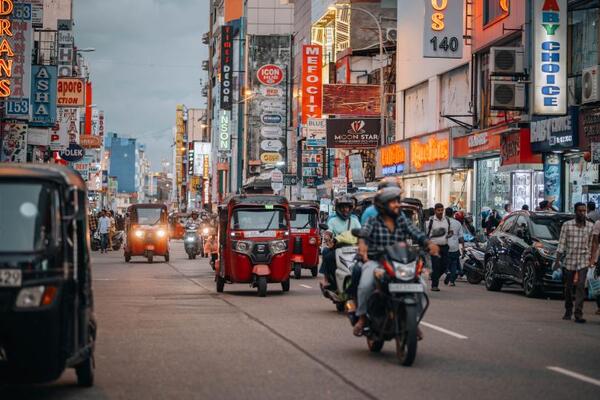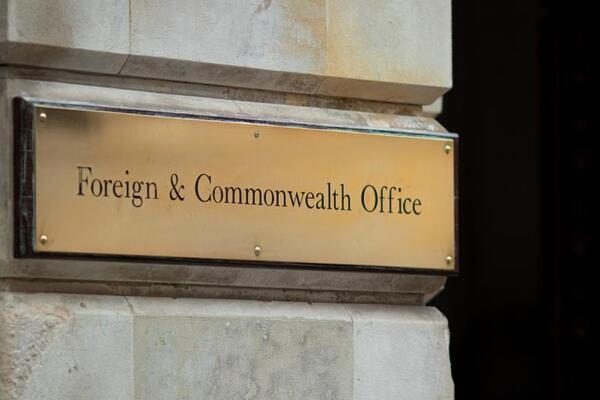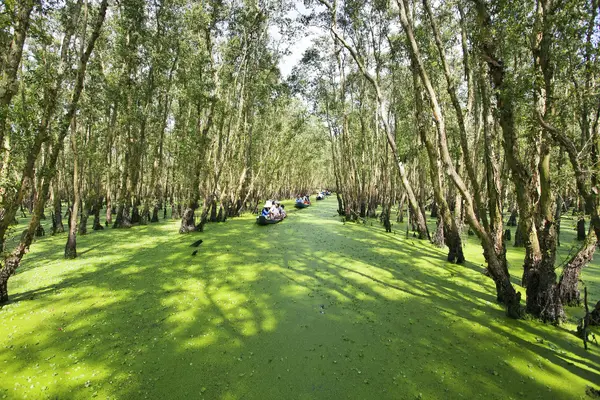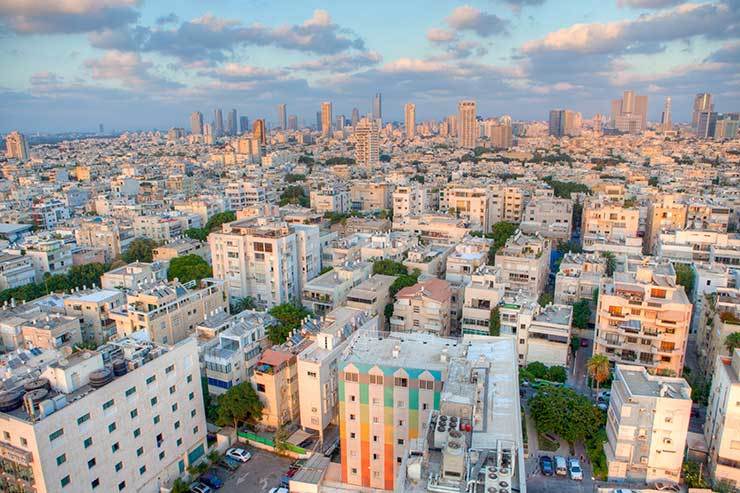Is the Foreign Office's approach to travel advice still fit for purpose?
 Gary Noakes
Gary NoakesThe Foreign Office is quick to issue warnings after terrorist attacks or natural disasters, but is it too slow to update its advice? Gary Noakes reports.
There have been at least 10 terror attacks in London in the past decade, but the authorities here have not told anyone it’s unsafe to visit.
But in the case of UK citizens travelling abroad, the Foreign Office advice that is typically issued following attacks is often criticised for being over-cautious and, in particular, over-extended.
It must baffle some nations when the FCDO continues to caution citizens against travel to foreign lands long after – years, sometimes – an incident has taken place and other nations have returned.
While it does not technically ban travel, the FCDO’s advisories “against all but essential travel” invalidate normal travel insurance. As a result, operators tend to err on the side of caution and pull their flights and programmes.
There is some irritation in the travel industry about how the FCDO operates. A recent open letter to the government from 35 signatories on behalf of Sri Lanka labels its advice “overly harsh”. Campaigners say the FCDO’s stance is “systematically undermining the travel industry” in Sri Lanka and are calling for a “more consistent” approach.
They perhaps have a point; it is nearly five years since the April 2019 Easter Sunday attacks, but the FCDO still details them prominently in its advice, adding in bold: “Terrorists are likely to try and carry out attacks in Sri Lanka.”
’No justification’
While the horror of that atrocity, which claimed more than 250 lives, shouldn’t be diminished, many think it time to move on. Sam Clark, co-founder and managing director of Sri Lanka specialist Experience Travel Group, says: “It’s clear the FCDO advice is no longer fit for purpose.”
Clark is calling for the FCDO to use more context, and accuses it of “retaining outdated travel advice” that deters British tourists and directs income away from the country’s tourism industry.
Another gripe is the references to 2022’s political demonstrations and potential food and medicine shortages. “There have been no protests for at least 18 months and no food shortages for a long time – I can think of no possible justification,” Clark reasons.

In contrast is the March 2019 mass shooting in New Zealand, in which 51 people were killed in an anti-Islamic attack in Christchurch. Then, the FCDO merely advised visitors “to remain vigilant”.
Now, both destinations carry a standard FCDO warning, which reads: “There is a high threat of terrorist attack globally affecting UK interests and British nationals, including from individuals and groups who view the UK and British nationals as targets.”
However, in New Zealand’s case, no mention is made of the 2019 attack – or any potential risk to British Muslims – and the advice simply states: “Terrorist attacks in New Zealand cannot be ruled out.”
Sales affected
There is also concern about how long it takes for the FCDO to update its advice, as some destinations know to their cost. Direct flights to Sharm El Sheikh were halted by the UK government after a Russian airliner was bombed in October 2015, killing 224 people. Germany lifted its ban the following year, but it took until October 2019 before UK flights were given the go-ahead.
Only then, after the Department for Transport was satisfied with security procedures at the Red Sea resort’s airport, was it deemed safe, despite other nations being cleared to go years earlier; indeed, the first Tui flights did not land in Sharm until February 2020.
Morocco’s FCDO page is another that could be deemed in need of an update, or at least rephrasing. It reminds readers of how two Scandinavian tourists were murdered while hiking near Mount Toubkal, an incident that took place six years ago.
Elsewhere, change has been more swift. Tunisia suffered a terrorist attack in the resort of Sousse in June 2015 that left 38 dead, including 30 Britons. The FCDO was understandably cautious, but in July 2017, the advice was amended, albeit long after France – Tunisia’s biggest European source market – went back.

What some regard as a lack of consistency and a tendency towards alarmist messaging infuriates operators. Experience Travel Group recorded a big uptick in January this year for Sri Lanka, but Clark adds: “It’s definitely affected sales; 2023 was very disappointing, and there was no reason for that. Even now, we’re way down on 2018.”
On the island, there is equal frustration. Henry Fitch, chief executive of Teardrop Hotels, a boutique chain of seven properties, is another who feels advice is over the top.
“When comparing the Sri Lanka travel advisory to those of western nations, there is a much more cautious approach, and the tone paints a starker picture than the reality on the ground,” he tells TTG. “This naturally makes it more difficult for the travel trade to sell Sri Lanka, even though the country is back to normal after the economic difficulties of 2022.
“Since the UK is among the top three nationalities of tourists to Sri Lanka, any negative FCDO advisory has a significant impact on revenue, which has a trickle-down effect to small vendors and communities reliant on tourists.”
Neil Dobbs, another signatory to the letter, is director of Travel Gallery and also runs a hotel in the country. He is another critical of the speed at which the FCDO updates its advice. “It still suggests riots are around the corner and there are food shortages,” he says. “I’ve just spent two months there and that’s not the case.”
In response, the FCDO says it draws on sources which include British consulates, local authorities and, in some cases, security services.
It declined to comment specifically on Sri Lanka, but a spokesperson told TTG: “The safety of British people is the main factor when determining our travel advice.
"Our advice is designed to help British people make informed decisions about foreign travel and remains under constant review to ensure it reflects our latest assessment of risks when travelling abroad.”
While the FCDO obviously has access to intelligence sources no one else is privy to, many in travel would argue common sense must also be taken into account.
Gary Noakes is TTG's senior contributor and analyst.
Sign up for weekday travel news and analysis straight to your inbox

Gary Noakes
Supplier Directory
Find contacts for 260+ travel suppliers. Type name, company or destination.













